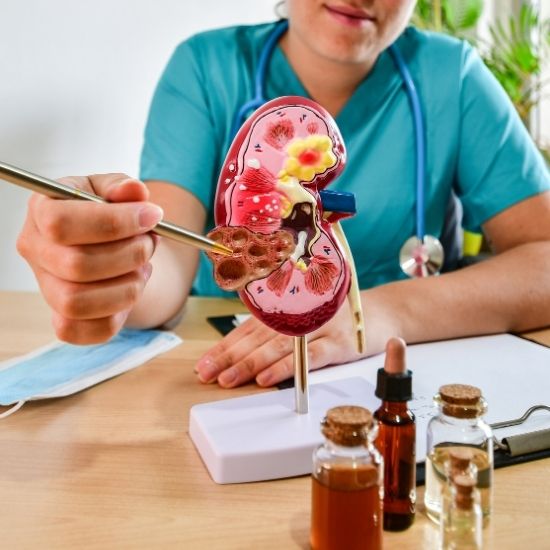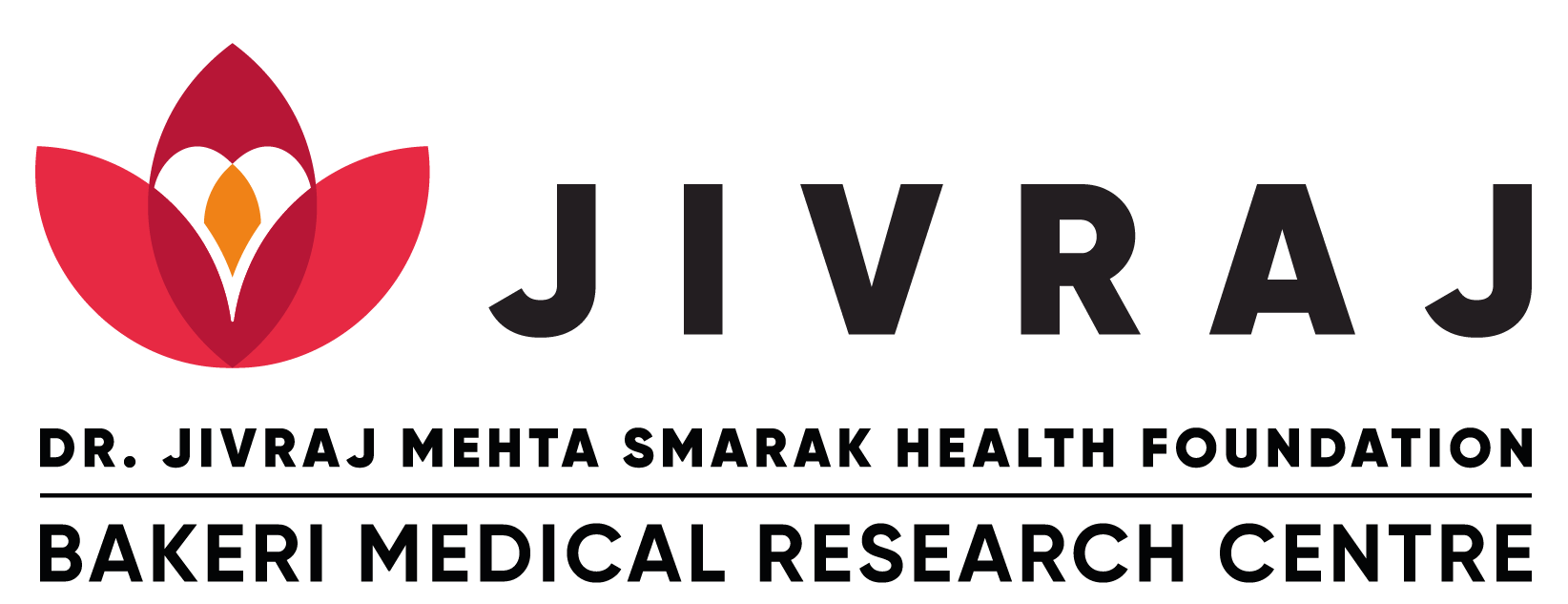Kidney Stone Treatment in Ahmedabad: Why Jivraj Mehta Hospital is the Best Choice
Kidney stones are a common and often painful medical condition affecting people of all ages. These hard deposits of minerals and salts form in the kidneys and can cause severe discomfort when they pass through the urinary tract. For residents of Ahmedabad, Jivraj Mehta Hospital stands out as a premier destination for effective and advanced kidney stone treatment. In this article, we will explore kidney stones, their causes, symptoms, treatment options, and why Jivraj Mehta Hospital is a trusted name in kidney stone care.
Understanding Kidney Stones
What Are Kidney Stones?
Kidney stones, also known as renal calculi, are solid masses that form in the kidneys when substances like calcium, oxalate, and uric acid become concentrated in the urine. These stones can vary in size, from tiny grains to larger stones that can obstruct the urinary tract.
Types of Kidney Stones
- Calcium Stones: The most common type, often formed from calcium oxalate or calcium phosphate.
- Uric Acid Stones: Typically form in people with high levels of uric acid in their urine, often linked to a high-protein diet or conditions like gout.
- Struvite Stones: More common in women, these stones result from urinary tract infections.
- Cystine Stones: A rare type caused by a genetic disorder known as cystinuria.
Causes and Risk Factors
Kidney stones can be attributed to various factors, including:
- Dehydration: Inadequate water intake leads to concentrated urine, promoting stone formation.
- Diet: High intake of salt, sugar, and protein can increase the risk.
- Obesity: Being overweight can alter urine composition, encouraging stone formation.
- Medical Conditions: Conditions like hyperparathyroidism, gout, and urinary tract infections increase susceptibility.
- Family History: A genetic predisposition to kidney stones also plays a role.

Symptoms of Kidney Stones
Common symptoms include:
- Intense pain in the back, side, or lower abdomen.
- Pain or burning sensation during urination.
- Blood in urine (hematuria).
- Frequent urge to urinate.
- Nausea and vomiting.
- Cloudy or foul-smelling urine.
Kidney Stone Treatment Options
Treatment for kidney stones varies depending on their size, type, and location. Below are the most common methods:
1. Conservative Management
For smaller stones, doctors may recommend:
- Increased water intake to flush out the stones naturally.
- Pain relievers for managing discomfort.
- Medications like alpha-blockers to relax the ureter and facilitate stone passage.
2. Extracorporeal Shock Wave Lithotripsy (ESWL)
ESWL uses sound waves to break kidney stones into smaller pieces, making them easier to pass through the urinary tract. This non-invasive procedure is often preferred for stones smaller than 2 cm.
3. Ureteroscopy
In this procedure, a thin, flexible scope is inserted through the urethra to locate and remove stones or break them into smaller pieces using a laser.
4. Percutaneous Nephrolithotomy (PCNL)
For larger stones or complex cases, PCNL involves making a small incision in the back to remove stones directly from the kidney.
5. Surgery
In rare cases, open or laparoscopic surgery may be required for stones that cannot be treated with less invasive methods.
6. Dietary and Lifestyle Modifications
Post-treatment, patients are often advised to make changes to their diet and lifestyle to prevent recurrence. These include staying hydrated, reducing salt intake, and avoiding foods high in oxalates.
Why Choose Jivraj Mehta Hospital for Kidney Stone Treatment?
Jivraj Mehta Hospital in Ahmedabad has earned a reputation as a leading healthcare facility for kidney stone treatment. Here’s why it stands out:
1. State-of-the-Art Infrastructure
The hospital is equipped with advanced medical technology, including cutting-edge diagnostic tools and treatment equipment. Procedures like ESWL, ureteroscopy, and PCNL are performed using the latest techniques to ensure precision and patient comfort.

2. Expert Urologists
The hospital boasts a team of highly experienced urologists and nephrologists who specialize in diagnosing and treating kidney stones. Their expertise ensures accurate treatment plans tailored to each patient’s needs.
3. Comprehensive Diagnostic Facilities
Accurate diagnosis is crucial for effective treatment. Jivraj Mehta Hospital offers comprehensive diagnostic services, including:
- Ultrasound and CT scans for stone detection.
- Urine and blood tests to identify underlying causes.
- 24-hour urine analysis to monitor recurrence risk.
4. Personalized Treatment Plans
Every patient is unique, and so is their condition. The hospital’s multidisciplinary approach ensures that treatment plans are customized to achieve the best outcomes.
5. Minimally Invasive Techniques
Jivraj Mehta Hospital emphasizes minimally invasive procedures, reducing recovery time and minimizing discomfort for patients. Procedures like ESWL and laser-assisted ureteroscopy are performed with precision, ensuring quick recovery.
6. Focus on Prevention
The hospital not only treats kidney stones but also focuses on prevention. Patients receive guidance on dietary changes, hydration, and lifestyle modifications to reduce the risk of recurrence.
7. Post-Treatment Care
Follow-up care is a crucial aspect of kidney stone management. Jivraj Mehta Hospital provides comprehensive post-treatment support, including regular check-ups and preventive care.

Common Myths About Kidney Stones
There are several misconceptions about kidney stones. Let’s debunk some common myths:
- Myth: Only men get kidney stones.
Fact: While kidney stones are more common in men, women can also develop them, especially struvitestones caused by infections. - Myth: Drinking milk causes kidney stones.
Fact: Calcium in milk can actually help prevent calcium oxalate stones by binding with oxalates in the gut. - Myth: Once you pass a kidney stone, you won’t get another.
Fact: Without preventive measures, there’s a high chance of recurrence. - Myth: All kidney stones require surgery.
Fact: Many stones can pass naturally or be treated with non-invasive methods like ESWL.
Tips to Prevent Kidney Stones
Prevention is better than cure. Here are some tips to reduce the risk of kidney stones:
- Stay Hydrated: Drink at least 8-10 glasses of water daily.
- Limit Salt and Sugar: Excessive salt and sugary drinks increase stone formation risk.
- Moderate Protein Intake: Avoid overconsumption of animal protein.
- Include Calcium-Rich Foods: Calcium binds with oxalates in the gut, preventing them from forming stones.
- Avoid High-Oxalate Foods: Reduce intake of spinach, beets, and nuts if prone to calcium oxalate stones.
- Regular Check-Ups: Periodic health evaluations can help detect issues early.
Conclusion
Kidney stones can be a challenging condition to deal with, but with the right care and expertise, they are manageable. Jivraj Mehta Hospital in Ahmedabad provides world-class kidney stone treatment, combining advanced technology, skilled professionals, and compassionate care. Whether you require minimally invasive procedures or comprehensive preventive strategies, the hospital ensures that every patient receives the best possible treatment.
If you or a loved one is struggling with kidney stones, look no further than Jivraj Mehta Hospital for reliable and effective care. Book an appointment today and take the first step toward a pain-free life.







